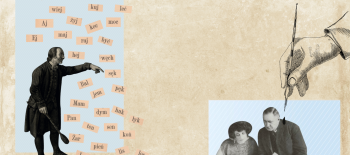Seventy-five years after the end of the Second World War, we pay tribute to its victims. We remember the indomitable struggle of the Polish nation against Nazi Germany throughout the conflict in Europe, lasting from September 1939 to May 1945.
There is no doubt about Poland’s contribution to the victory over Hitler. The Polish Army was the eighth largest in size of all Allied forces, our soldiers were involved in all theatres of war. They defended Poland in 1939, they fought in the Battle of Narvik, in France, in the Battle of Britain in 1940, in Africa in 1941-1942, on the Eastern Front from 1943, in the Battle of Monte Cassino, in Ancona, in the Falaise Pocket, in the Battle of Arnhem in 1944, they fought to liberate Bologna and to conquer Berlin in 1945. Back in the 1930s, Polish mathematicians broke the Enigma code, which allowed Allied intelligence to spy on Nazi Germany’s moves.
The Polish State never capitulated. The government continued its activity both in exile and in occupied Poland through the structures of the Polish Underground State. It organized armed struggle and intelligence support for the Allies (one of its achievements was the seizure of V-1 and V-2 rocket documentation) and made sure that Polish political life, clandestine education, and the judiciary continued to exist. The underground state cared for its most vulnerable citizens, including Jews, and informed the free world about the Holocaust.
The price for our selfless fight against Nazi Germany was almost six million Polish casualties, including three million Polish Jews. Our material losses are estimated at USD 860 billion. The territory of Poland diminished by 20%. Poland lost 40% of its works of art which were destroyed or taken out of the country.
Victory over Nazi totalitarian regime did not bring Central and Eastern Europe, including Poland, the longed-for freedom. It was separated from the democratic world by the Iron Curtain and remained under the rule of the Soviet Union until 1989.





